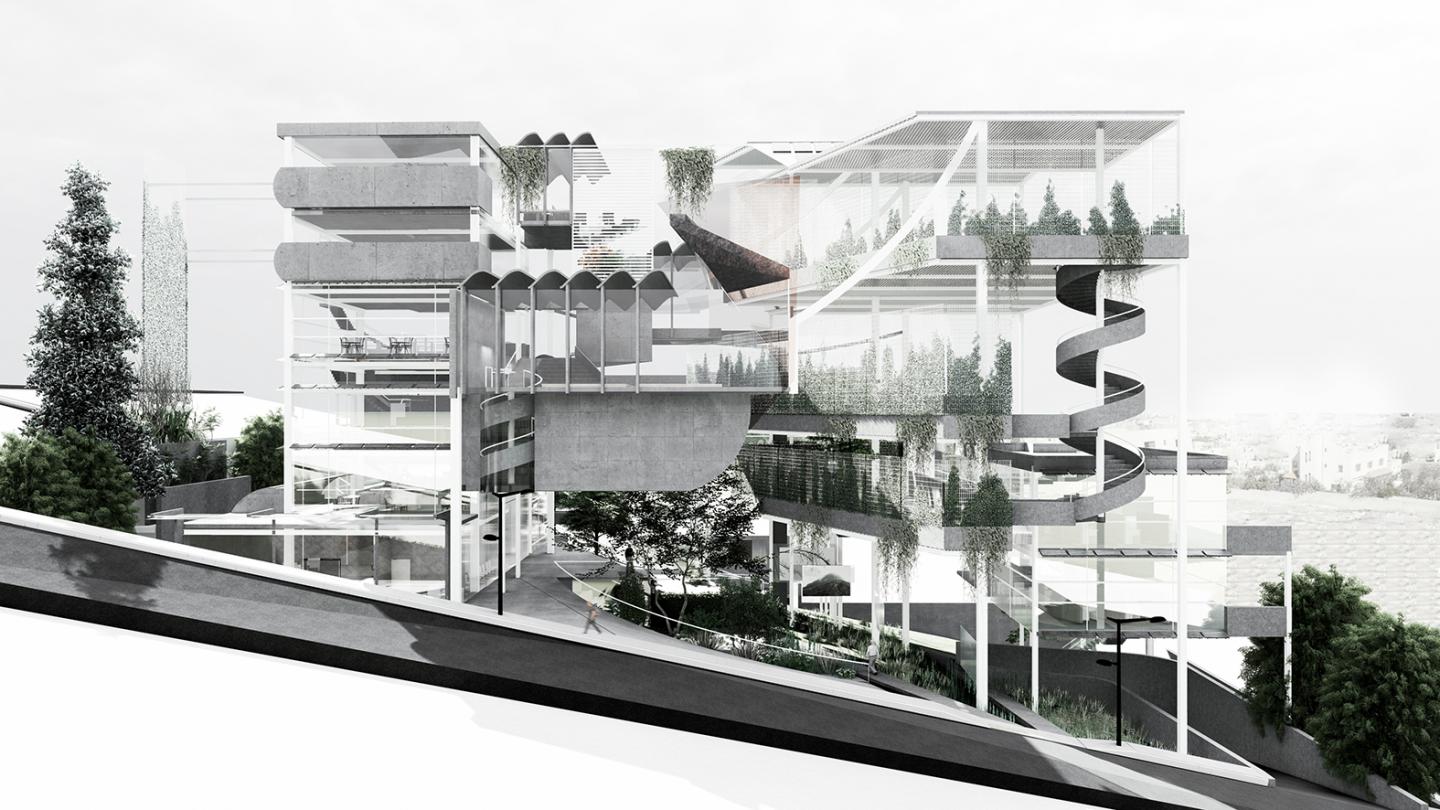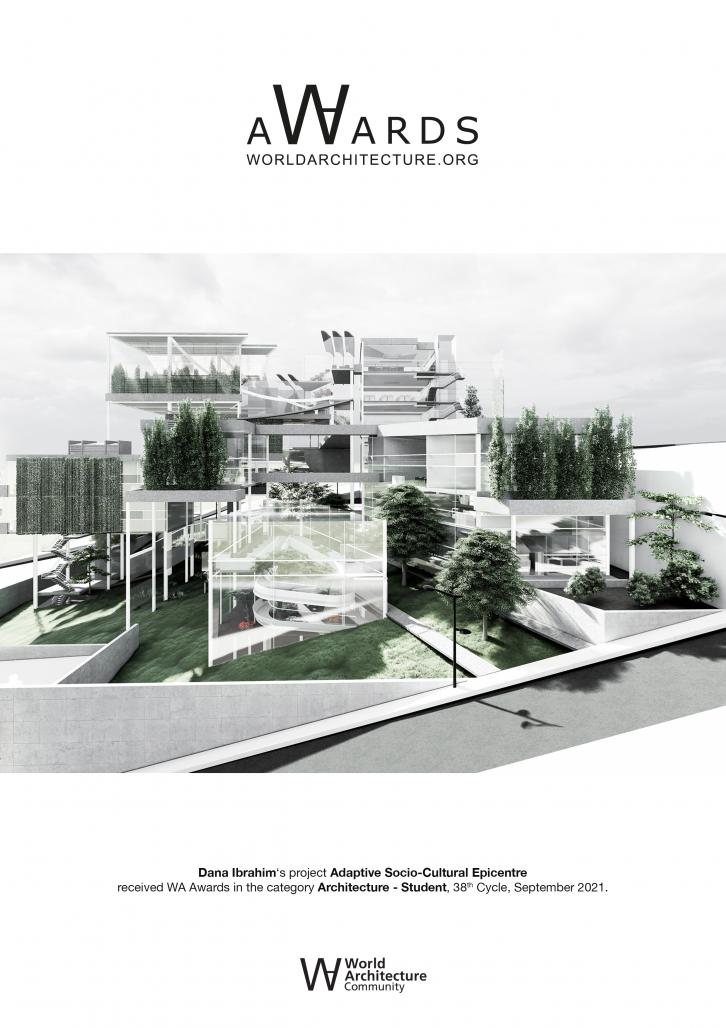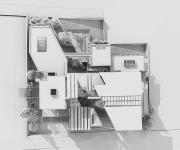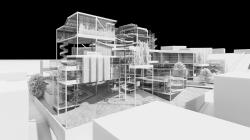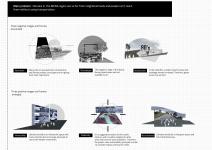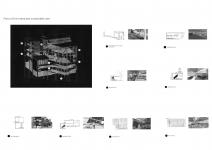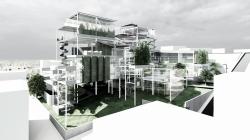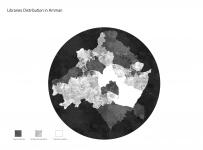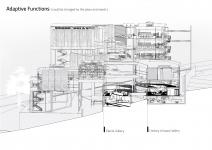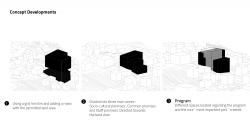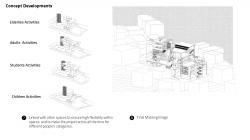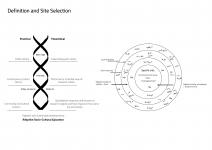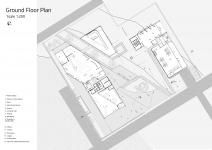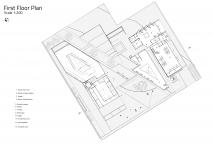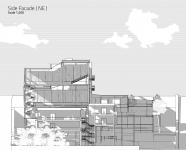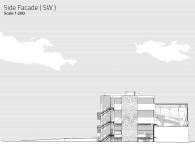It was a library and will always be but in another way.
Libraries today have changed so much in many aspects regarding the functions, the use, and the forms. It might be thought that libraries will disappear in the future and people will no longer use them. However, libraries are not important for only reading books but in being a fundamental function in the community and true meaning of generations' renaissance.
The project - which the core is the library - started from a personal experience, noticing that in the MENA region, people cannot go by walking to libraries, which means they are far from their homes. Therefore, it is not easy to go to libraries for all people which is a big problem for such a fundamental function. In other words, it is not accessible for different categories of people such as children, elderlies, and people with disabilities.
The project will be a new representation of libraries in the MENA region that will be offered to people from all categories without the need to use transportation. The project is divided into two main functions; the library and the cultural research center which will study the cultural aspect of the site and support the library. It came from people's needs which were one of them; they need to have socio-cultural activities.
The philosophy behind the project was - as mentioned before -: fundamental functions should be easily accessible to all people and one of the most important functions is the library. Site selection was based mainly on the distance where the average person can walk without taking a rest and it was 1.6 km which is between 15-20 minutes walking to reach the site.
The definition came from the two parts of the projects: the practical and theoretical parts. The practical part which is the public library serves today as a contemporary culture library and it has the same function as the community and cultural centers. The theoretical part is represented by the cultural research center and precisely will study the performance-oriented view of research culture that relies on the quantitative measures and focuses on research outputs and their impact on the economy and society. When the two parts are combined with sustainable development elements, we have an “adaptive socio-cultural epicenter “. Adaptive came from the idea that the project will be adaptive in all sites that have the same issues as the first one. And ‘Epicenter’ came from the extreme use of sustainable principles of the design.
2021
0000
Location : Amman, Jordan
Typology : Proposal for socio-cultural facilities ( A library supported by a cultural research centre )
Site Area : 3500 Sq.m
Built-up : 2800 Sq.m
Supervised by : Dr. Ahlam Al Harahsheh
Adaptive Socio-Cultural Epicentre by Dana Ibrahim in Jordan won the WA Award Cycle 38. Please find below the WA Award poster for this project.
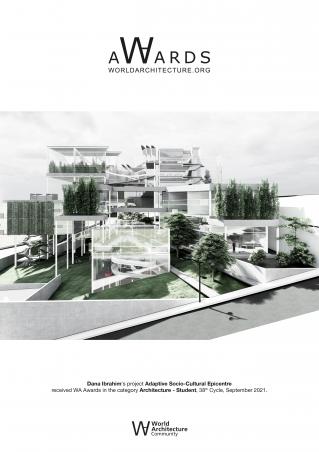
Downloaded 0 times.
